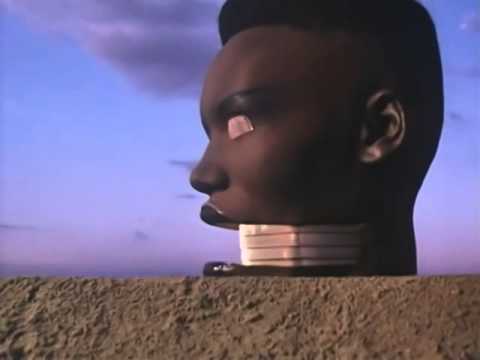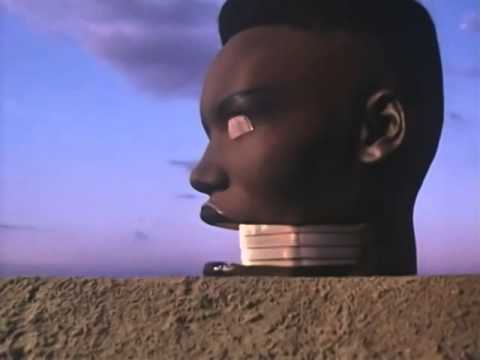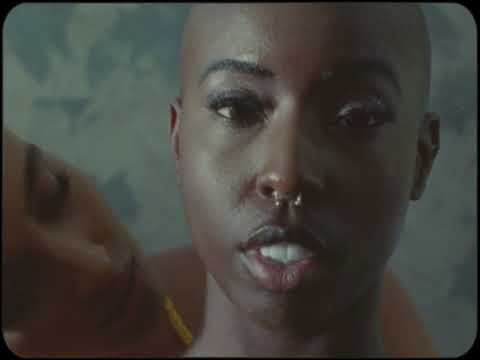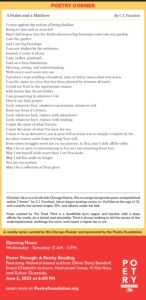Grace Jones and Janelle Monáe’s coheadlining summer tour is an intergenerational celebration of gender-expansive Black women for the ages. Monaé has been a pop-culture fixture for nearly two decades. Since they broke out with their trailblazing debut studio full-length, 2010’s The ArcAndroid, they’ve Rubik’s Cubed elements of reggae, funk, R&B, hip-hop, soul, pop-punk, and jazz to build on a rich Black history of Afrofuturism and speculative fiction. Their 2015 single “Hell You Talmbout” has become a staple of revolution-minded playlists: Against drum-line percussion, Monáe joins members of artist collective Wondaland in chanting the names of Black Americans lost to police violence. Monáe has also pushed conversations around queerness and gender plurality as part of a larger liberatory project. Outside music, they’ve built an impressive film career (their credits include 2016’s Moonlight and 2022’s Glass Onion). Everything Monáe touches seems smart, effortless, and cool; it’s why their red-carpet looks at events such as the Met Gala often inspire so much discussion. But there would be no Janelle Monáe as we know them without Grace Jones.
Born in Jamaica, Jones was raised in a strict Pentecostal household on the east coast. She was a skinny, androgynous kid when she signed with Wilhelmina Models at age 18, but she’d already gotten involved in 60s counterculture and was regularly hitting up gay clubs. By the mid-70s, Jones’s face was internationally recognized as much for her modeling as for her nightlife appearances, and she began transitioning to music. She’s released ten albums since, creating a singular canon distinguished by her moody contralto and incisive lyrics (“Feeling like a woman, looking like a man,” she sings on 1981’s “Walking In the Rain”) and her fusion of the most dynamic club sounds of her generation, including disco, new wave, postpunk, and go-go. Not to be contained to one medium, Jones has also brought her unparalleled ferocity to the silver screen, where she’s elevated films such as 1986’s Vamp and 1992’s Boomerang.
Jones’s best-known work is probably her 1985 album Island Life, which collects what she regarded as the best material from her first nine years on Island Records. (Sadly, “Warm Leatherette” is not included.) It also has one of the most iconic album covers of all time: Her partner at the time, Jean-Paul Goude, created a photo collage that presents Jones, slicked up and dressed only in a bandeau top, knee sleeve, and armlet, holding a microphone in an arabesque pose. It’s an impossible version of a human put together seamlessly from parts—not unlike Cindi Mayweather, the android alter ego Monáe developed for their long-running Metropolis series of concept records.
The cover art for Island Life continues to be referenced in pop culture. Notable examples include a leaked “outtake” from a 2009 Complex photo shoot with model Amber Rose and a nod by Nicki Minaj in her 2012 video for “Stupid Hoe.” In Jones’s 2015 memoir, I’ll Never Write My Memoirs, she excoriates Minaj and other performers for aping her without extolling her influence or respecting the underground. Jones is Afropunk royalty, and she walked so that other Black and queer artists could run. Jones and Monáe’s headlining performance follows an afternoon with the DJs and queens of Queen!, Metro’s longtime house-music party. Seeing them all in one day will be a revelation for club-culture enthusiasts of all ages.
Grace Jones & Janelle Monáe Derrick Carter and Michael Serafini bring the Queen! house-music party to the Carousel Stage at 4:30 PM, with hosts Lucy Stoole and Nico. Sat 6/7, 7 PM, Pavilion, Ravinia, 201 Ravinia Park Rd., Highland Park, $59–$180, all ages






